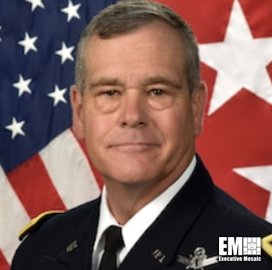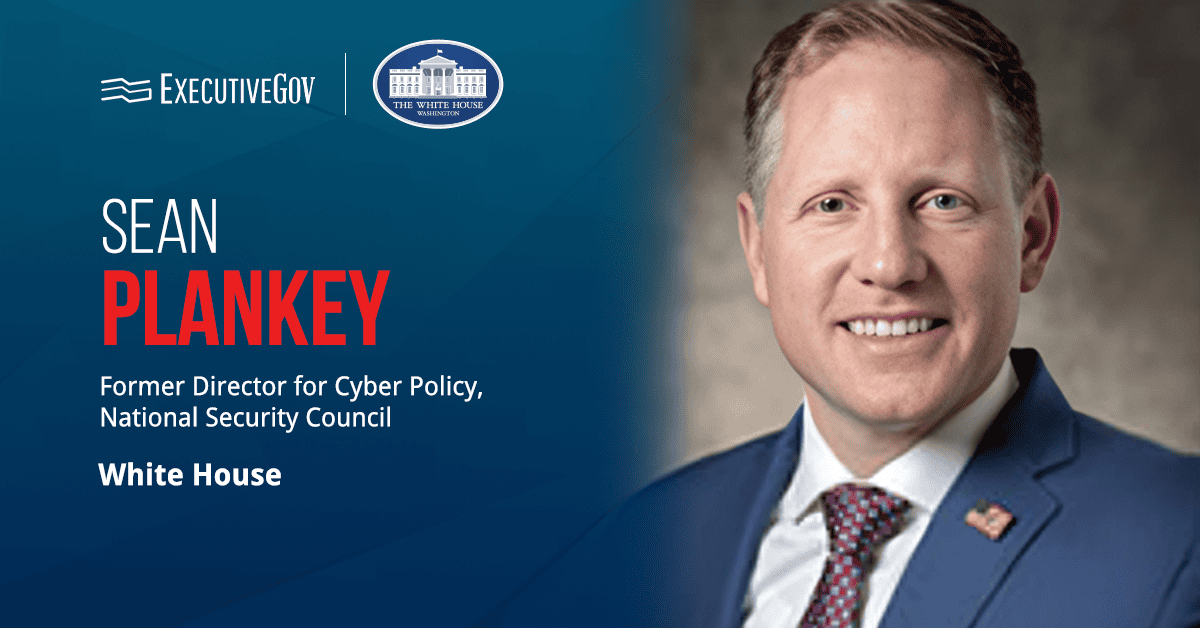U.S. Army Gen. James Dickinson, who leads U.S. Space Command, said soldiers must be ready to operate without the help of space systems in case of enemy-caused disruptions, DOD News reported Thursday.
He said at the 2021 Fires Conference that training centers now teach soldiers how to perform missions in degraded environments where satellite communications, surveillance and GPS navigation are denied. This approach helps soldiers practice relying on older methods to fulfill missions in such scenarios.
"I think they are creating those effects at the National Training Center, at combat training centers, so that you get a feel for what that's like and having to go back to like an M2 aiming circle or even a lensatic compass and a map, if you have to," he stated at the event that took place at Fort Sill, Oklahoma.





